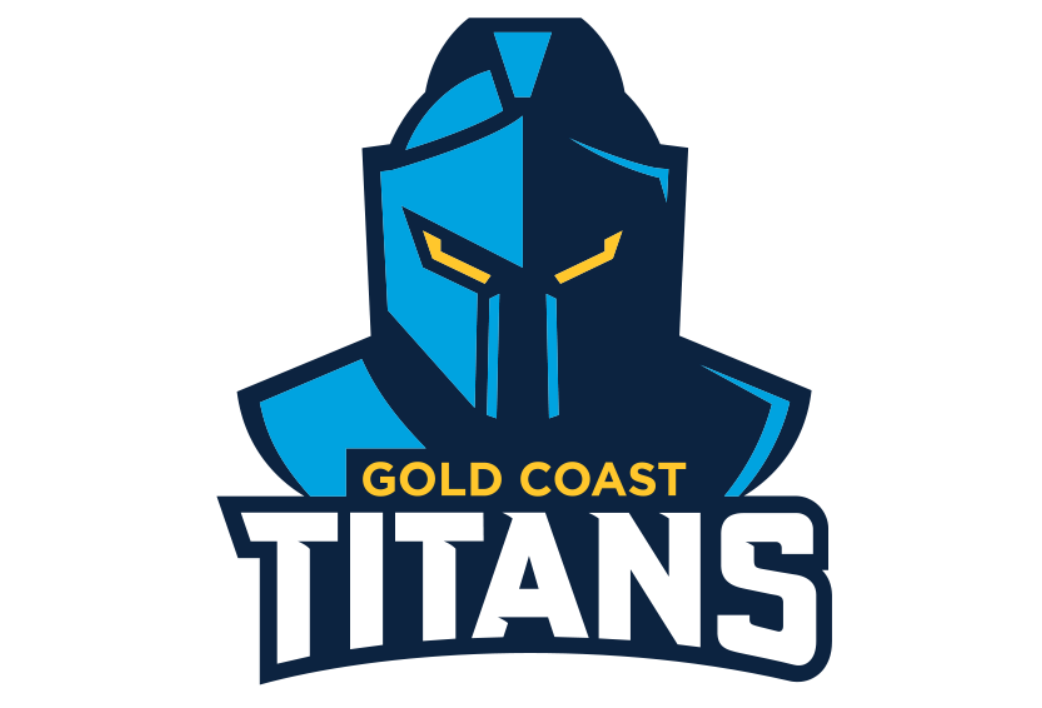Brand purpose and personal causes in athlete endorsements.
In May 2022, Naomi Osaka was named the world’s highest-paid female athlete in a study by the sports industry media company Sportico.
The 24-year-old Japanese tennis star made an estimated $1.2 million on the court last year but was understood to have brought in another $52 million through endorsements. Her portfolio is wide but premium, featuring the likes of Louis Vuitton, Workday, Mastercard, Levi’s, Tag Heuer, Panasonic and Beats.
Those collaborations place Osaka between the worlds of sport, fashion and commerce. Yet what is also striking about her profile is where promotional activities, investments and business interests intersect with the causes about which she is most passionate.
Osaka has been vocal on social issues such as racial justice and candid in her discussion of her own mental health struggles - most notably withdrawing from the 2021 French Open soon after refusing to take part in mandatory post-match press conferences.
Sponsors like Nike have been strongly and publicly supportive of her stances, often putting their name to online events where they can be discussed with fans. In part, that response is pragmatic, protecting the value of a long-term association with a highly popular global star. It is also consistent with a marketing trend towards using purpose to inform campaigns in sport, entertainment and culture. As younger generations base more of their purchasing decisions on brand values, companies use those platforms to communicate their own progress in areas like diversity and inclusion or climate action.
Increasingly, Osaka’s team are building more of her commercial strategy around these principles. In May, she and her long-time agent Stuart Duguid left IMG to create their own company, Evolve. Her personal investments follow a similar pattern while she has also co-founded a sunscreen brand, Kinlò, for people with melanated skin. That move combines financial opportunity with social responsibility in a way that fits logically with her role as an athlete - a prominent mixed-race individual in an outdoor summer sport promoting a healthy message about essential skincare to people of colour.
Osaka is by no means the only superstar to have constructed her commercial profile in this way. Elsewhere in tennis, Serena Williams has long combined groundbreaking sporting achievements with support for social causes, often with the backing of the companies she endorses. In recent years her Serena Ventures fund, which raised $111 million in March, has operated with vision of empowering female and minority founders in the technology startup space. In April she made a strategic investment in Karat, which is pioneering new tech-led innovations in recruitment and interviewing to mitigate structural and unconscious bias and create opportunities for Black software engineers.
In the UK, Manchester United and England footballer Marcus Rashford used his media access to lobby for government-funded free school meals for the poorest children to run through holiday periods during the Covid-19 pandemic. With the help of his representatives at Roc Nation Sports, he has since directed those energies into initiatives like the Marcus Rashford Book Club campaign to improve literacy among young people.
Purpose-led marketing is not without its pitfalls for brands and athletes alike. It opens other partnerships and business practices up to increased scrutiny, with the concurrent risks of undermining positive actions or inviting charges of hypocrisy.
Nonetheless, it is sure to become more deeply integrated into many athletes’ commercial strategies, aligning not just with the expectations of younger fans and consumers but also the incentives of curating audiences in the social media age.
It can be a delicate balance to strike but where authenticity and personal connection are most valued, brands are eager to identify with the things that matter most.
Subscribe to our newsletter to receive the latest news and exclusive offers. No Spam!
Thankyou.
We’ll be in touch shortly.



